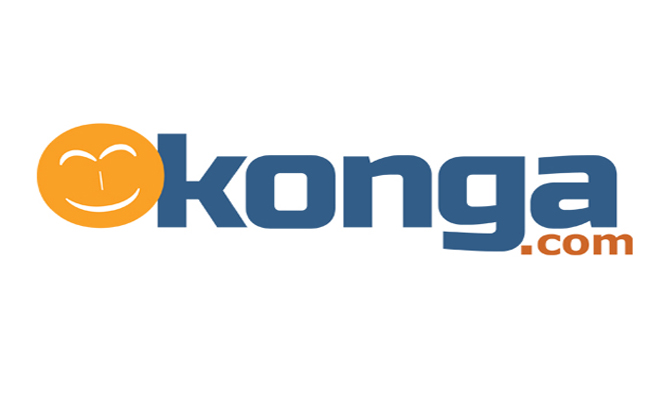Nigerian ecommerce marketplace, Konga.com is laying off ten percent of its 800-strong workforce in what it is calling a restructuring exercise.
According to sources familiar with the situation, the layoffs will run across the whole organization. The company expects to reap operational efficiency and business effectiveness gains from the move.
In an emailed statement to TechCabal, a Konga representative said:
“With this restructuring and by taking advantage of new innovations and upcoming retail opportunities in the market space, we are optimistic that we are on the path to grow an even healthier and more sustainable business, whilst delivering best in class service to our customers. The decision to restructure and realign our company’s focus to be more agile in the prevailing local economic conditions is not one that was taken lightly”.
The company says it is offering severance packages to the 80 workers affected by the restructure, and will assist with connecting them to other opportunities that match their competences.
Since 2014, Konga has been steadily reinventing itself as a marketplace rather than the e-tailer it began life as in 2012. Which means that it is taking in less inventory and making use of less warehousing infrastructure while turning its attention to working more with merchants. It stands to reason that the ecommerce startup might require less in-house capacity than it currently has to efficiently run its operations.
Macro-economic and market dynamics are also at play as well. Rival ecommerce startup, Jumia, as well as Iroko, and DealDey, effected job cuts in late 2015, a move that we believe is a matter of them pragmatically correcting themselves before the markets correct them.
According to Crunchbase data, Konga has raised an aggregate of $74 million, but internally we believe the true number to be north of $100 million. Revenues grew 450 percent from 2013 to 2014. During its 2015 Yakata Sales, Konga’s CEO Sim Shagaya took to Twitter to announce that Konga processed about N110 million worth of orders in the first four hours.





















